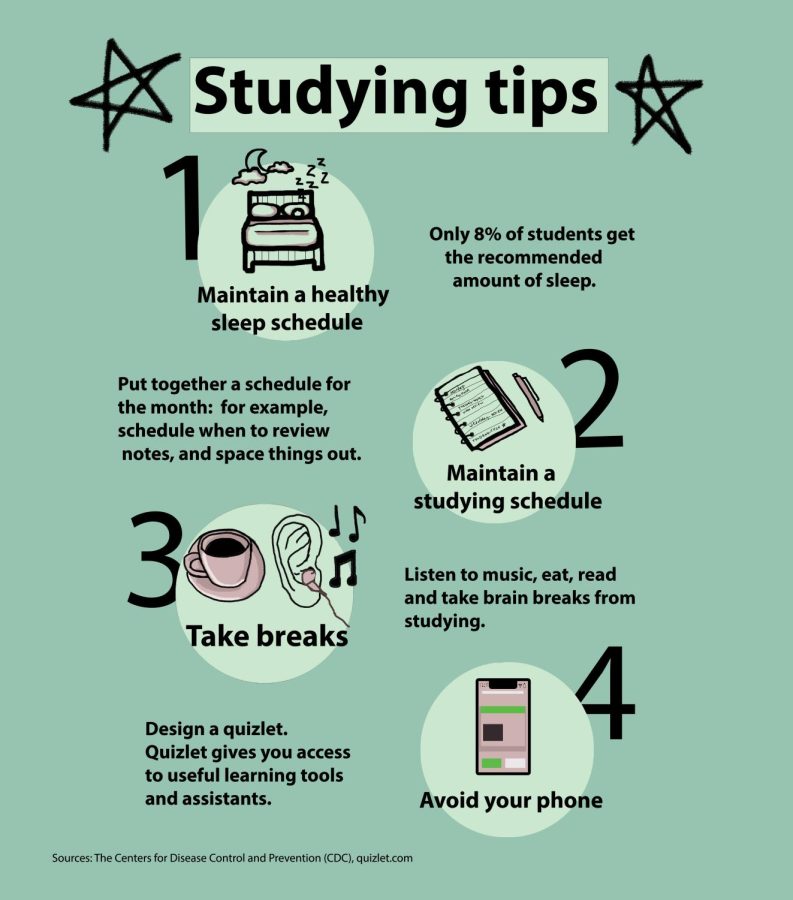4246 Insights
Your source for the latest news and information.
Study Smarter, Not Harder: Tricks You Haven't Tried Yet
Unlock the secrets to effective studying with tricks you haven't tried yet! Boost your grades and study smarter, not harder today!
Unlocking the Power of Active Recall: How to Transform Your Study Sessions
Active recall is a powerful study technique that can significantly enhance your learning experience. By actively engaging with the material instead of passively reading or highlighting, you force your brain to retrieve information, which strengthens your memory. To implement active recall effectively, consider using flashcards or practicing with self-quizzing. For instance, after reading a chapter, write down questions you think might be on a test and then attempt to answer them without looking at your notes. This method not only boosts retention but also helps you identify areas that need further review.
To transform your study sessions, integrate active recall into your routine. Start by breaking down your study material into manageable sections. Use the spaced repetition technique to increase the intervals at which you review each topic, allowing for better retention over time. Create a schedule that incorporates both passive review and active recall sessions. For example, you might spend the first 10 minutes of your study time passively reviewing notes followed by 20 minutes of active recall. Implementing this approach can lead to significant improvements in how well you understand and retain information.

The Pomodoro Technique: Boost Your Focus and Retention with This Time Management Hack
The Pomodoro Technique is a time management method developed by Francesco Cirillo in the late 1980s. It uses a simple timer to break work into intervals, traditionally 25 minutes in length, separated by short breaks. This approach not only helps in enhancing focus but also boosts overall productivity by minimizing distractions. By dedicating a specific block of time to work and allowing for scheduled breaks, you create a rhythm that fosters uninterrupted concentration and mental clarity.
To implement the Pomodoro Technique, follow these simple steps:
- Choose a task you want to work on.
- Set a timer for 25 minutes.
- Work on the task until the timer goes off.
- Take a short break of 5 minutes.
- After four Pomodoros, take a longer break of 15-30 minutes.
This structured approach not only promotes retention of information but also transforms the way you approach tasks, making it easier to manage your time effectively and enhance productivity.
Are You Studying Effectively? Common Mistakes You Didn't Know You Were Making
When it comes to studying effectively, many students unknowingly fall into common pitfalls that hinder their academic performance. One major mistake is cramming information the night before an exam, which can lead to poor retention and increased stress levels. Instead, consider implementing a study schedule that breaks down material into manageable sections over time. This way, you’re not just memorizing facts, but also fostering deeper understanding through regular review and practice.
Another frequent error is the use of multitasking during study sessions, such as checking social media or watching TV. This distraction can significantly reduce your focus and comprehension. Research suggests that our brains can only process information from one source at a time effectively. To combat this, create a dedicated study environment free from interruptions and use techniques such as the Pomodoro Technique, where you study for 25 minutes and then take a short break, ensuring that your brain remains sharp and engaged.